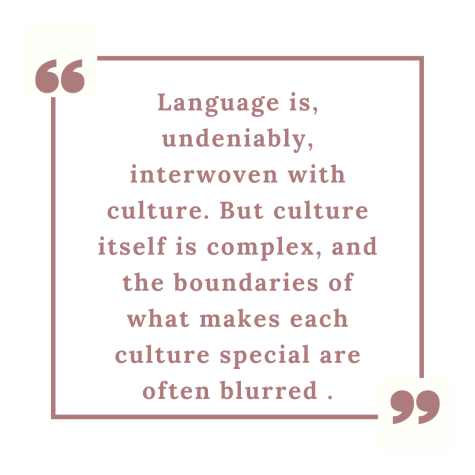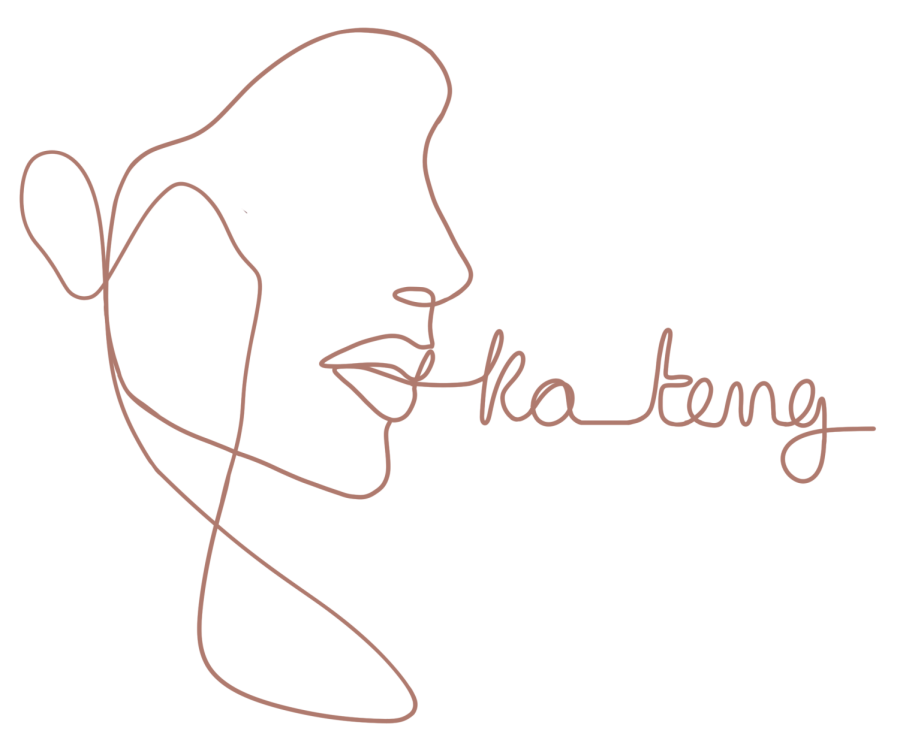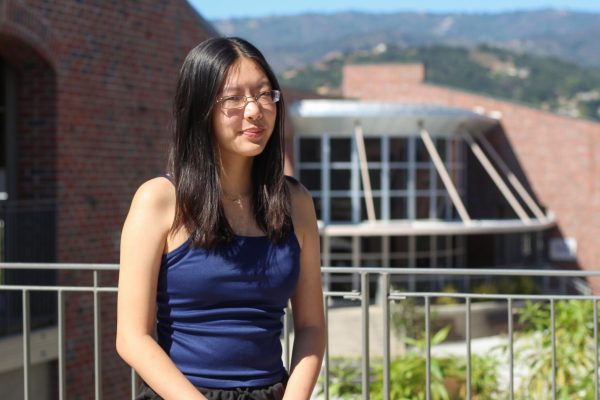Disconnect
Explaining my guilt for not speaking Taiwanese
March 16, 2022
Whenever I go to visit my grandma on the East Coast, our conversations in English are often stilted and filled with pauses and grammar mistakes. My dad and my grandma, however, communicate in Taiwanese Hokkien. During their conversations, I often find myself straining to understand their dialogue, trying to pick up on any phrases that sound similar to the Mandarin Chinese I speak every day. Occasionally, I attempt to repeat a Taiwanese phrase out loud, but the words always taste like sour candy, and I want to swallow them and spit them out at the same time. They sound so similar to the Mandarin Chinese I speak every day, yet also so different — the words feel harsher and foreign on my tongue.

Although it is sometimes regarded as a dialect of Mandarin, Taiwanese Hokkien and other languages and dialects of the Chinese language have different phonology, vocabulary and grammar from those of Mandarin. As my father is fully Taiwanese — or 99.9% according to his 23andMe results — half of my ancestry is a Taiwanese identity that is mine to claim. Yet how can I connect to a culture when I cannot even understand the language?
Due to overwhelming Chinese influence, aspects of Taiwanese culture have been declining in recent years. However, with the rise of the next generation, a widespread revival of Taiwanese culture has emerged. The sense of duty to carry on the language and the tradition of a faltering culture gnaws at me. Especially living in the United States, where I already feel a physical disconnect from my roots, this guilt only further stresses how, despite being thousands of miles away from the island country, it is my responsibility to take part in this revival of culture and learn Taiwanese.
At times, I would consider myself Taiwanese. I love eating Taiwanese dishes, from braised pork rice, a staple and must-have Taiwanese dish, to Taiwanese sausages. Yet when I just start to feel like a part of Taiwanese culture, the language — or my lack of it — seems to pull me away.
Language is, undeniably, interwoven with culture. Communication is a core aspect of any society, and the different languages between different cultures play a large role in what makes each culture unique. But culture itself is complex, and the boundaries of what makes each culture special are often blurred and interlaced with other cultures.
Years of exposure to different cultures has taught me this: I may not speak Taiwanese, but I am constantly immersed in its culture. I may not be able to communicate with my grandma in her native language, but the laughs and hugs we exchange mean more than any words ever will.
Slowly, I’m picking up new Taiwanese words to add to my tiny collection of phrases to add to my repertoire. The most recent one I’ve learned is “ka teng,” and it means “family.”




























